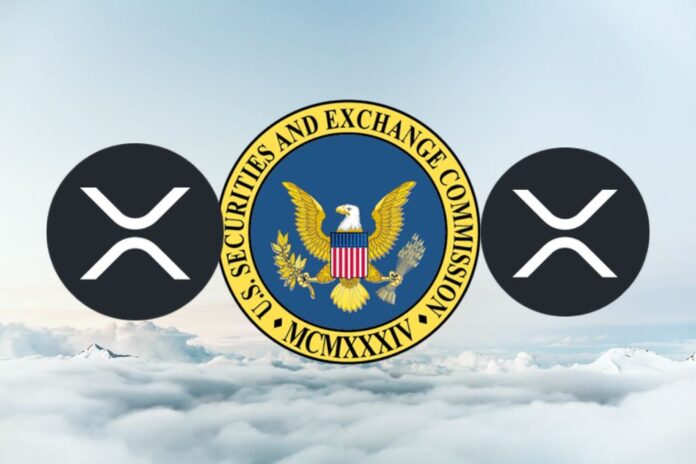Crypto-Law reveals Judge Analisa Torres’s scathing criticism of the SEC’s inconsistent arguments in the Ripple case.
In a recent decision regarding the ongoing XRP lawsuit, Judge Analisa Torres has raised significant concerns about the Securities and Exchange Commission’s (SEC) inconsistent legal theories.
This development has further intensified the scrutiny surrounding the regulatory body’s actions. Crypto-Law, a prominent US regulatory and legal platform for digital holders, shed light on this latest development, exposing the judge’s pointed criticism.
In Footnote 6 of her ruling today, Judge Torres rapped the @SECGov for “shifting and inconsistent arguments as to its legal theory about Other Distributions”. This is in line with Judge Netburn’s earlier admonition on the SEC’s “lack of faithful allegiance to the law.” 👇🏻 pic.twitter.com/qK2pKpnMSV
— CryptoLaw (@CryptoLawUS) October 4, 2023
Read Also: Ripple CEO: XRP To Become Next Bitcoin Once This Multi-Trillion Dollar Problem Is Solved
SEC’s Shifting Arguments Draw Judge Torres’s Criticism
The SEC’s request to certify an interlocutory appeal in the Ripple case was recently denied by the court. Following this decision, excerpts from the ruling unveiled the judge’s reproach of the SEC’s fluctuating arguments.
Judge Torres explicitly highlighted the SEC’s inconsistencies in footnote 6 of her ruling, stating that the regulatory body presented “shifting and inconsistent arguments as to its legal theories about Ripple’s other distributions.”
Ripple’s other distributions of XRP are integral to the SEC’s case, and its legal stance regarding these transactions is pivotal.
We are on twitter, follow us to connect with us :- @TimesTabloid1
— TimesTabloid (@TimesTabloid1) July 15, 2023
Conflicting Claims by the SEC
Judge Torres reveals that the SEC put forth contradictory arguments about the nature of these distributions. At one point, the regulatory body contended that the other distributions of XRP were considered unregistered securities due to their association with non-cash considerations.
On the other hand, the SEC claimed that these distributions were, in fact, indirect sales of XRP to the public. The agency argued that Ripple conducted these transactions to create liquidity for the cryptocurrency and attract individuals to its technology.
However, the inconsistency came to light when Judge Torres pointed out that it was unclear how these legal theories aligned with the SEC’s contention that Ripple gifted XRP to third parties, which the agency did not include in its initial complaint.
Read Also: Pro-XRP Lawyer and Coinbase CLO Believe SEC’s Interlocutory Appeal Is Destined for Rejection
Previous Criticism of the SEC
Crypto-Law highlighted Judge Torres’s scathing comments, noting that she criticized the SEC for its inconsistent arguments. The judge’s remarks echo those of Magistrate Sarah Netburn, who previously admonished the SEC for its lack of fidelity to the law.
Magistrate Netburn astutely observed that the SEC selectively adopts litigation positions based on its desired goals rather than maintaining faithful adherence to the law. These critical viewpoints from two different members of the judiciary underscore the growing skepticism surrounding the SEC’s actions in its case against Ripple.
Follow us on Twitter, Facebook, Telegram, and Google News



